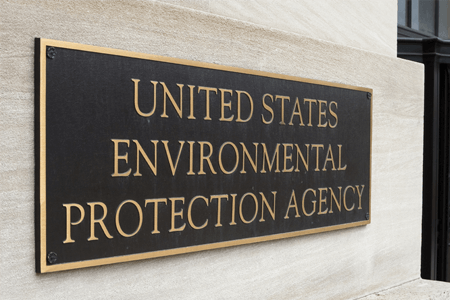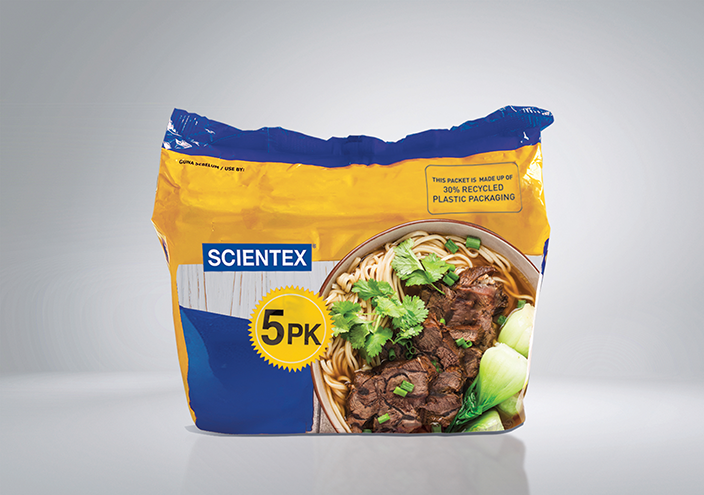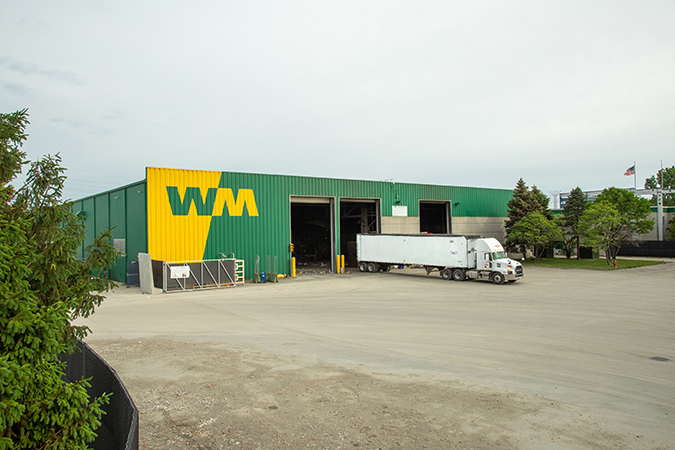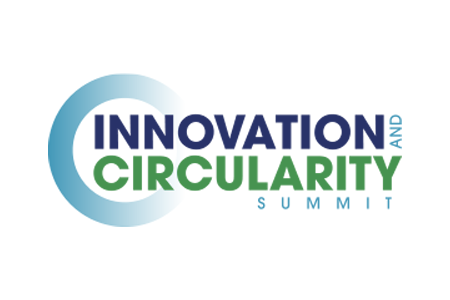Advanced recycling technologies create new, high-quality plastics out of used, hard-to-recycle plastic, enabling more types of plastics to be recovered and recycled. Chemical manufacturing company Eastman is investing in facilities to recover and enable reuse of these plastics, as well as innovating new products that are made from the recovered plastics.
Eastman’s molecular recycling facility in Kingsport, Tennessee, applies the company’s polyester renewal technology to recycle hard-to-recycle plastic waste that would otherwise be bound for landfill or incineration.
The technology allows this waste to be broken down into its molecular building blocks and reassembled to become virgin-quality material without compromising performance. By keeping these valuable molecules in production, these materials can be used again and again, with lower greenhouse gas emissions, according to Eastman.
DOE Awards Eastman Funding for Second Molecular Recycling Facility
Eastman is also expanding its advanced recycling capabilities. The company’s second U.S. molecular recycling project, being built in Longview, Texas, was selected by the U.S. Department of Energy (DOE) in March 2024 to begin award negotiations for up to $375 million in funding from the Bipartisan Infrastructure Law and Inflation Reduction Act.
Eastman is building the new advanced recycling facility in Longview due to synergies with existing infrastructure and operations, favorable energy supply and footprint, and access to western and central U.S. feedstock pools. The investment includes operations that will prepare mixed plastic waste for processing, Eastman’s next-generation molecular recycling unit to depolymerize waste, and a polymer facility to create virgin-quality materials for packaging and textiles. Once complete in the 2026/2027 timeframe, the Longview molecular recycling facility will have the capacity to recycle approximately 110,000 metric tons of hard-to-recycle plastic waste.
Eastman’s planned project in Longview is aligned with DOE’s goal of catalyzing industry-wide change to enable a low-carbon future. As part of the DOE award, the company plans to support renovation of a community center to be used as a hub for community outreach, workforce training and development, and other ongoing needs.
Growing Markets for Circular Products
Eastman’s Global Recycled Standard Certification
In addition to its efforts in advanced recycling, Eastman is advancing its pledge to circularity. Eastman’s new Global Recycled Standard certification helps the textile industry develop circularity strategies at scale. As consumers are increasingly seeking more sustainable fiber choices, Eastman’s Naia™ Renew cellulosic fibers allow companies to meet these demands.
Produced from 60 percent sustainably sourced wood pulp and 40 percent certified recycled waste material via GRS-certified mass balance, Naia™ Renew creates value from hard-to-recycle waste that might otherwise end up in landfills. Naia™ is backed by certifications and third-party validation.
Eastman and Sealed Air Developing Certified Compostable Trays
Eastman continues its sustainability efforts with its collaboration with Sealed Air to create CRYOVAC®, a compostable overwrap tray for food products. The tray is made from Eastman Aventa™ Renew compostable materials, which are produced from sustainably sourced wood pulp and acetyl sourced from a portfolio of recycled material. The tray can be composted in home and industrial environments. And, the material does not remain as microplastics in the environment, according to Eastman.



